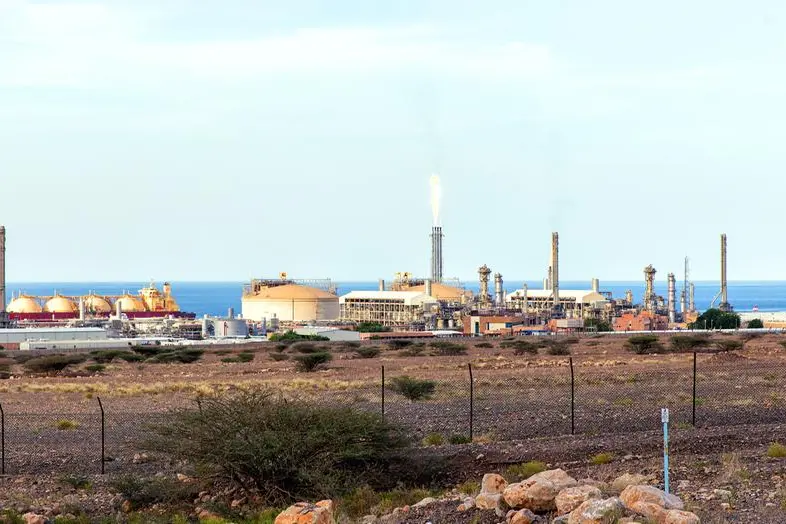PHOTO
Oman's strategic location in the Gulf region is a boon for foreign companies, providing them with convenient access to major global trade routes that connect Africa, Asia, and Europe. This advantageous position, coupled with the country's geopolitical stability that shields it from the spillover effects of crises from its neighbours, instills confidence in foreign investors. Furthermore, Oman's free trade agreements with the US, Singapore, and Switzerland enhance its appeal.
The enactment of the new foreign capital investment law in 2020 was a significant step in the positive direction of further foreign direct investment in Oman. The special economic zones have also played an instrumental role in attracting substantial foreign direct investment.
Oman's three free zones are governed by business-friendly rules that allow 100% ownership and tax-free policies on profits and dividends for 30 years, providing a reassuring environment for traders looking to access the GCC region, Europe and Africa.
Oman has also introduced new incentives, exemptions on specific fees, and operational requirements for projects in less developed areas of Oman, further demonstrating its commitment to facilitating business growth.
Oman is making significant strides in diversifying its economy beyond oil and is focusing on attracting foreign direct investment in manufacturing, logistics, tourism, financial services, and real estate. In 2022, the FDI stock stood at 43.2% of its GDP, a clear indication of the country's growing economic potential.
Foreign direct investment grew by 3.78% towards the end of 2023, with significant investments from the UK, the USA, China, UAE, Kuwait, Qatar, and Bahrain. The construction sector is also forecasted to expand by 2.1% in real terms in 2024. Foreign investment can be seen in rail, road, renewable, and housing projects.
New projects include the construction of several rail and airport infrastructure projects, such as the Hafeet Rail project, which will connect Suhar in Oman to Al Ain and Abu Dhabi in the UAE, and a planned metro network for Muscat.
Oman has also started the Royal Academy of Management, focusing on building Omani leadership and management capabilities. The academy intends to support Oman's diversification initiatives and economic development through knowledge, skill enhancement, and human capital growth.
The government of Oman has launched a $5.2 billion "Future Fund" in 2024 to invest in strategic sectors and support SMEs and startups. The newly established fund will invest in eight strategic sectors: tourism, manufacturing, green energy, information and communication technologies, ports and logistics, mining, fisheries, and agriculture.
Oman also promotes digital transformation and improves investment services through initiatives like the Oman Business Platform. The Ministry of Commerce, Industry, and Investment Promotion is committed to improving communication, operational efficiency, and customer service through the electronic platforms it launched earlier, demonstrating the value it places on investors.
Oman needs to tackle some hurdles to attract more foreign direct investments. Oil exports still account for over 30% of Oman's GDP, 60% of exports, and over 70% of government revenue, making the economy vulnerable to global price fluctuations and demand. Streamlining processes and reducing red tape can help attract more FDI.
To address these challenges, Oman continues implementing reforms to ease regulations, provide targeted incentives, invest in ICT and skills development, and promote its strategic location and business-friendly environment to attract more sustainable and diverse FDI beyond the oil and gas sector
Oman has prioritised investment in information and communications technology (ICT) infrastructure and skills to make it a more appealing destination for foreign investors looking to leverage advanced digital capabilities
Oman's government steps to implement regulatory reforms, streamline bureaucratic processes, provide targeted incentives, and promote economic diversification to make the country a more attractive destination for sustainable foreign direct investment. Overall, the FDI prospects for 2024 look positive, with stable governance, policy reforms, and steadfast economic diversification.
2022 © All right reserved for Oman Establishment for Press, Publication and Advertising (OEPPA) Provided by SyndiGate Media Inc. (Syndigate.info).





















